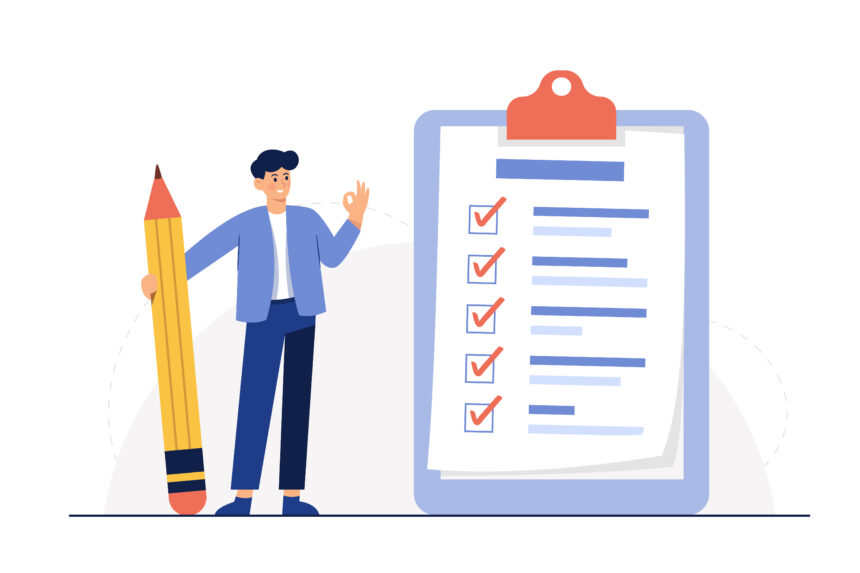In times of financial need or when unexpected expenses arise, personal loans can be a valuable tool to help individuals bridge the gap and meet their financial obligations. Whether it’s for consolidating debt, funding a home improvement project, covering medical expenses, or any other personal financial need, personal loans provide the flexibility and convenience that many individuals seek. Understanding the requirements and application process for personal loans can help potential borrowers navigate the lending landscape more effectively and increase their chances of securing the loan they need.
Requirements for Personal Loans:
- Credit History: One of the most critical factors lenders consider when evaluating loan applications is the borrower’s credit history. A good credit score demonstrates responsible financial behavior and a higher likelihood of repayment. Lenders typically prefer borrowers with a credit score of 650 or higher, although some lenders may offer loans to individuals with lower scores. A strong credit history increases the chances of loan approval and may even lead to more favorable interest rates.
- Income and Employment Verification: Lenders want assurance that borrowers have a steady source of income to repay the loan. Typically, borrowers need to provide proof of employment and income, such as pay stubs, tax returns, or bank statements. Self-employed individuals may need to submit additional documentation, such as business financial statements or contracts.
- Debt-to-Income Ratio: Lenders also assess a borrower’s debt-to-income ratio (DTI), which compares the amount of debt owed to the borrower’s income. A lower DTI suggests a borrower has enough income to comfortably handle loan repayments. Ideally, a DTI of 35% or lower is preferred, but some lenders may accept higher ratios depending on other factors.
- Age and Citizenship: Borrowers must typically be at least 18 years old to apply for a personal loan. Additionally, lenders may require proof of citizenship or legal residency to comply with regulations and ensure borrowers can enter into a legally binding contract.
- Collateral (Secured Loans): Personal loans can be either secured or unsecured. Secured loans require collateral, such as a car or property, which can be seized by the lender if the borrower defaults on the loan. Unsecured loans do not require collateral. The need for collateral depends on the lender and the borrower’s creditworthiness. Individuals with a strong credit history may have more access to unsecured loans, while those with lower credit scores may need to provide collateral for loan approval.
The Application Process:
- Research and Compare Lenders: Start by researching different lenders and comparing their interest rates, terms, and eligibility criteria. Online marketplaces and financial institutions offer a range of personal loan options. Consider reputable lenders with positive customer reviews and a track record of transparent lending practices.
- Gather Required Documents: Before applying, gather the necessary documents, including identification, proof of income, employment verification, and any other documents specific to the lender’s requirements. Having these documents ready can streamline the application process.
- Complete the Application: Once you’ve chosen a lender, complete the loan application. This can typically be done online or in person, depending on the lender’s offerings. Provide accurate and truthful information to ensure a smooth process. Incomplete or misleading information may delay the application or lead to rejection.
- Await Approval and Loan Offer: After submitting the application, the lender will evaluate your eligibility and creditworthiness. This process may involve a credit check and verification of the provided information. If approved, the lender will send a loan offer specifying the loan amount, interest rate, repayment term, and any other terms and conditions. Review the offer carefully before accepting.
- Accept the Loan and Receive Funds: If satisfied with the loan offer, accept the terms and conditions. The lender will then finalize the loan agreement, and you will receive the funds. Depending on the lender, funds can be deposited directly into your bank account or provided in the form of a check.
- Repayment: Make timely payments according to the agreed-upon schedule. Missing payments or defaulting on the loan can negatively impact your credit score and may lead to additional fees or legal action by the lender.
Conclusion:
Accessing personal loans can be an effective way to address financial needs and achieve personal goals. By understanding the requirements and application process, borrowers can navigate the lending landscape with greater confidence. It’s crucial to maintain a good credit history, provide proof of income and employment, and carefully review loan terms and conditions before accepting an offer. Remember, responsible borrowing and timely repayments can help build a positive credit history and pave the way for future financial opportunities.










